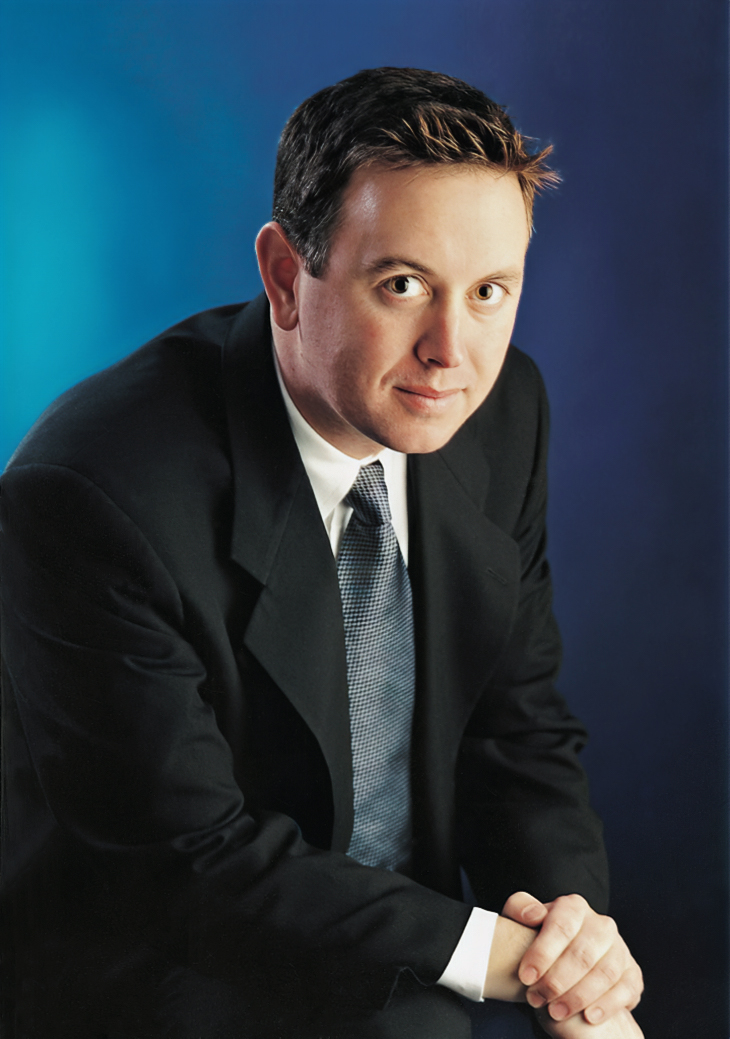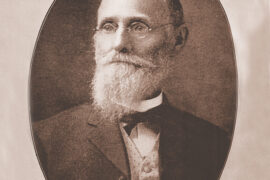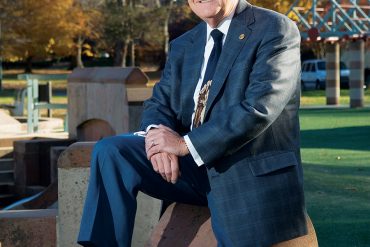By Jack Houvouras
HQ 67 | WINTER/SPRING 2009
In the fall of 2008, Huntington received some very negative national attention when it was labeled the “Unhealthiest City in America” in an Associated Press article. As a result, HQ has initiated a three-part series addressing Huntington’s Health Crisis beginning with this edition of the magazine. But just last month Huntington was in the news again, this time in the form of a very positive column on Playboy magazine’s website by former Guns N’ Roses bass player Duff McKagan. In addition to being one of the best bass players in the world, McKagan is a bit of an intellectual with a penchant for finance. The following is his column entitled “West Virginia is the Future of America — and That’s a Good Thing.” It is a must read for anyone who hails from Huntington:
“My band Loaded have just started to tour our new record, Sick, and our first area of attack has been the American South — the region hit perhaps worst by this most recent economic recession. I say most recent because, again, I want to stress that economic recessions and depressions are cyclical — and we have always come out of them.
Traveling to Huntington, West Virginia, from Augusta, Georgia, by bus takes you straight through the heart of Appalachia and its depleted coal towns and “hollers” — valleys known as hollows, or hollers in the local drawl. This area long ago got used to being ignored when it comes to government infrastructure help. Diane Sawyer did a two-hour expose on poverty in the Appalachian Mountains a few weeks back that was jaw-dropping. The stuff she documented just shouldn’t be happening here in the States – but it is.
Huntington itself is the town that holds Marshall University, of “We Are Marshall” fame. Many people in Huntington have still yet to see this film, as the memory of losing more than 30 of its young men in a single incident still burns like a fresh and jagged cut. On the day of my visit, it was the day before the annual spring football scrimmage at Marshall, the culmination of spring practice and a peek at what might be in store for the fall season. An event like this is equivalent to play-off baseball in big cities, a real event. Many alumni from the undefeated team of 1999 were said to be in town. But all I saw on that afternoon were closed shops with “for lease” signs and boarded-up storefronts. To my eye, about 60 percent of the businesses were shut down. As I walked across town, I wondered to myself whether this place would make it through. I looked at a decrepit 15-story building that once housed a bank, no doubt making loans to earnest young businesses and families at a time when there was plenty and growth had no horizon. Coal was king. Those times, to my northern and untrained eye, were long gone.
When I got to the venue for sound check (V-club on 12th), the first signs of how wrong I was in my assumptions about this small town began to become apparent. The club itself was one of the best of its size that I’ve seen anywhere. Attention to sound and lights was second to none and there was an air of cool that I wasn’t expecting. (I was probably expecting the club-owners to be a bit downtrodden after the walk through town.) A parcel had been delivered to the club from a local investment firm, inviting me to talk with them about new opportunities there in town. They also wanted to talk to me about the things I write about in Playboy, and to explain how a small town like Huntington, once reliant on income from coal, was making a full and vibrant turnaround. I asked the club-owners about all the boarded-up storefronts. They made me feel foolish, revealing that some of the places were actually refurbishing while construction was so cheap.
After sound check, I walked in the darkening night to the hotel for a pre-gig shower. What I saw as dismal in the daytime became lively and dare I say beautiful that evening. While I was approached by a few people on street-corners for a handout (an ever more frequent occurrence wherever you go), it was the people going into brightly-lit and freshly-scrubbed restaurants and bars that turned my head. The streets were humming with life and an unspoken hope for what is to come.
I began to think at that moment that a story like Huntington’s could very well epitomize the true American story. The people here know what adversity is and don’t sulk in its shadow when they very well could (without being blamed one bit). No, this town knows how to dust itself off, put its blinders on, and forge ahead, learning from its history but not getting mired in it.”





